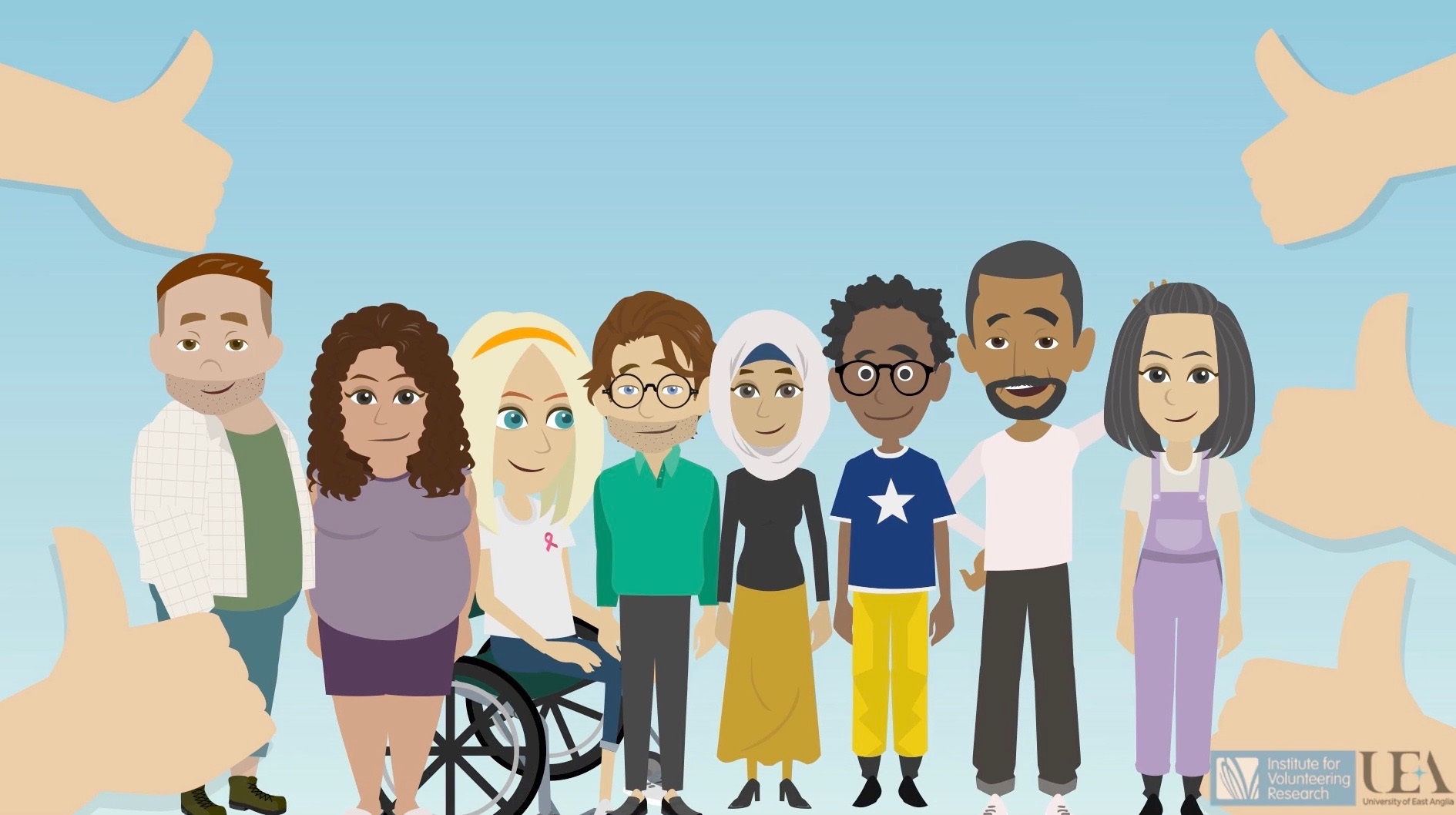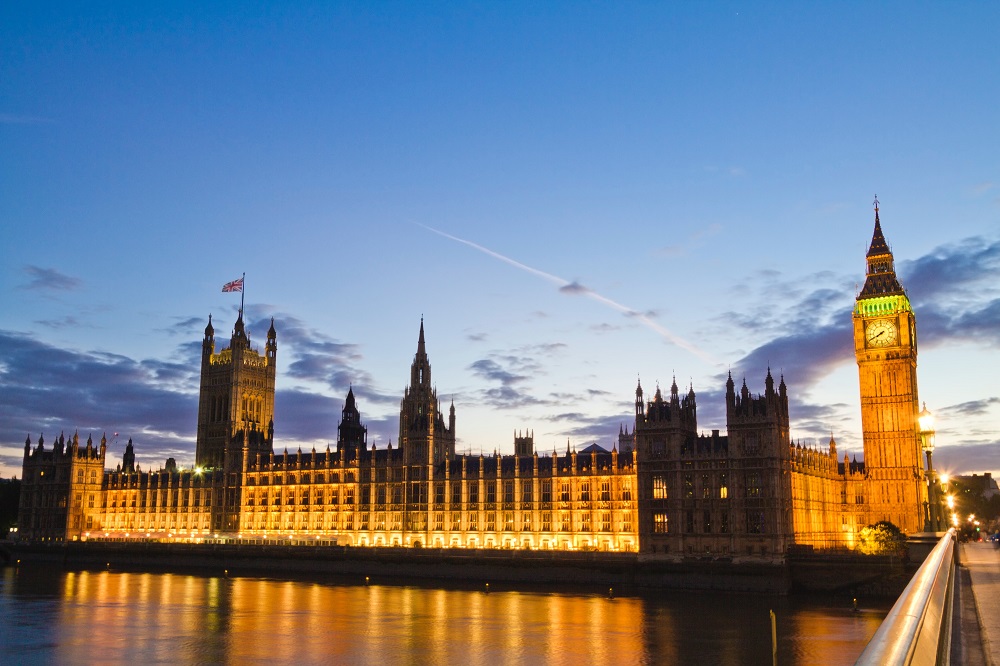CH-CH-CH-CH-Changes: How COVID has changed volunteering and volunteers
May 6 2021 Dr Jurgen Grotz

As the Director of the Institute for Volunteering Research (IVR) and co-investigator in the research project Mobilising UK Voluntary Action, I was invited to speak at TeamKinetic’s 5th Annual Volunteering Conference 2021. TeamKinetic, with co-investigators and colleagues from all four nations of the UK, are collaborators in the project Mobilising UK Voluntary Action, one of the largest studies funded through the COVID-19 call for research by UK Research and Innovation (UKRI). I was delighted to see over 130 participants and also that several more partners in the project, like Ruth Leonard from the Association of Volunteer Managers, who is a member of the project’s advisory panel, were also there.
I was asked to speak about the project in the context of the conference theme of ‘change’, but I rarely do as I am told, so I had a bit of a chat instead, using a few interactive polls along the way. When I asked participants where their organisations operated, I was very pleased to hear that they came from all the four nations of the United Kingdom: England, Scotland, Wales and Northern Ireland. This complemented our projects approach which seeks to capture the differences in the role of volunteering across the UK. While people across the UK experienced similar stresses caused by COVID-19, volunteering, as policy shaping the voluntary sector is non-reserved, started out differently in the respective nations and so change is likely to affect them differently too. I was very privileged that some of the participants shared their views with me in our collegial chat, even if that is difficult online and feels so impersonal. I want to share three observations about how COVID has changed volunteering and volunteers and I want to do so with the help of the music the conference organisers failed to play when it opened, but should have done in my view, David Bowie’s ‘Changes’.
Still don’t know what I was waiting for
Participants spoke highly of how volunteers and volunteer managers seem to have adapted superbly to new ways of doing things, albeit this appeared to be different in the great range of sectors represented in the conference. While the existing volunteers in the community radio service quickly adapted and continued throughout the pandemic, half of the vaccinator volunteers in one service had never volunteered before.
they try and change their worlds
A really important point was made about diversity and the need to recognise that volunteers will be affected differently. New opportunities might open for some while others might not have yet returned to the roles they knew and might never be able to do so.
turn and face the strange
The potential of digital technology to support volunteering differently in the future was a prominent feature in our conversation and it would appear that we will see inevitable changes in this area. But some participants also agreed that, individually, we all seem to miss the connection of meeting up with others and talking with members of our community face to face. It is unlikely that that will change, albeit the way we meet might.
thanks david
I ran a few quick online polls during my presentation and if nothing else it became clear that a lot of difference was hiding behind the aggregate numbers of the results. Therefore, when we consider how COVID has changed volunteering and volunteers we need to recognise that this will be different not just across the nations of the UK but also in the varied sectors where volunteer involving organisations operate and in different groups of society. And, of course, it will be different for each individual volunteer according to their personal circumstances, a fact that we need to respect. It seems to me that we should not make the mistake to quickly generalise from experiences just in one nation, sector, service or group and carefully explore the emerging changed shape of the volunteering landscape. And yes, as you can tell, in times of change, strange fascinations fascinate me, thanks David.





